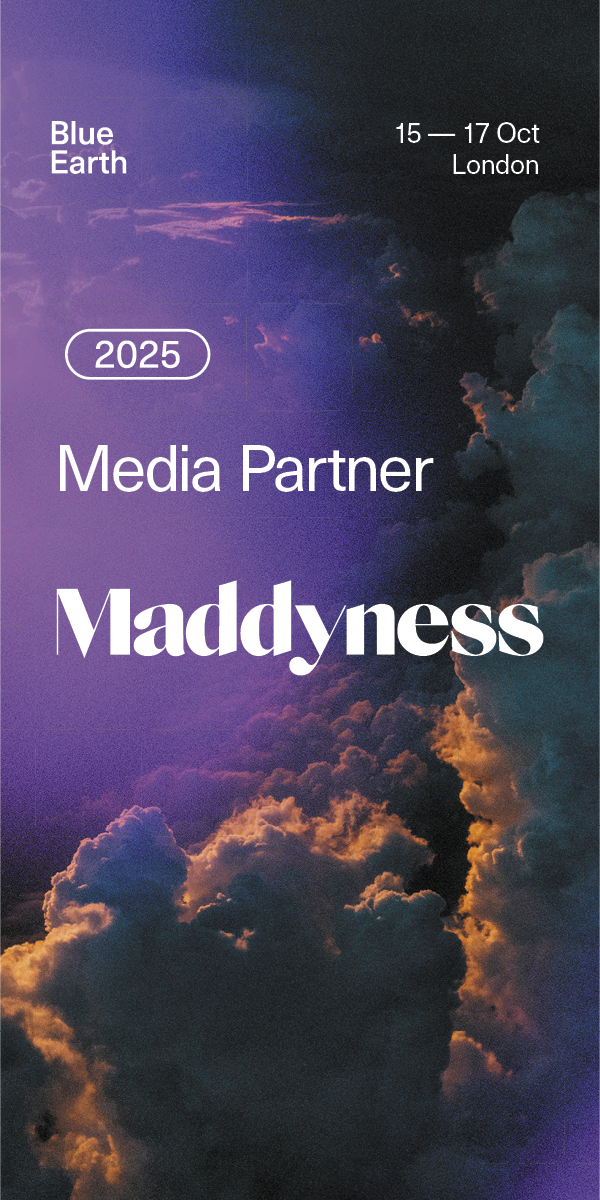The ability to project oneself as an authentic, empathetic human being – whether in Richard Branson’s carefully cultivated ‘rogue billionaire’, or Alan Sugar’s ‘rags to riches’ image – is one of the most enduring communications challenges for those who lead.
We have worked with hundreds of senior leaders in organisations ranging from start-ups to global multi-nationals helping them to ditch the corporate BS and unshackle themselves from a lifetime of media training to channel their authentic self when they communicate.
Why? Because it’s a sad fact that most people don’t always believe what leaders say and so being genuinely authentic is the super-power to becoming trusted. And as Boris Johnson knows too well, trust is one of the precious leadership qualities that takes a long time to build, but can be lost in a moment.
Two leaders, two styles of authenticity
Back in 1998, Bill Gates came to the UK for a 2-day trip that included an all-employee meeting with his 500 people who were working for Microsoft UK at the time. At the last minute, Bill changed the schedule and rather than doing an all-employee town hall meeting, he said that he would come along to the annual All-Employee Family Day and out of his (undoubted) genius or, perhaps, astonishing luck, he asked to meet and be interviewed by the kids themselves. Unlike the employees who were all in awe of the top man, the children weren’t intimidated by him one bit. In fact, they asked straightforward ‘kid questions’ such as ‘What’s it like being the richest man in the world?’, in that simple way that adults find so difficult. It would’ve been incredibly easy for Gates to come off as political or patronising, but he didn’t in the slightest. He answered each one on the same level as it was asked, and his slightly nerdy appearance only helped him to communicate with these kids. His authenticity shone through, in a way it simply never would’ve done had he adopted the ‘standard’, pre-scripted, beautifully lit stage-managed corporate PR event. The effect was priceless.
Contrast this with Steve Ballmer, who as his COO, also visited the UK frequently during the late nineties. It’s fair to say that due the wonders of the internet, Ballmer’s town hall performances have been widely shared and become legendary.
Shortly after the Bill Gates visit, Ballmer travelled to the UK team as part of a wider plan to communicate and engage employees with the business priorities for the year ahead. The obligatory all-hands town hall was set up and the larger than life COO arrived to make his keynote address. After glugging a bottle of water down, Ballmer jumped around onto the stage, stood before the mic and bellowed, ‘I have got FOUR words for you British guys: I! Love! This! COMPANY!!!’ That set the tone for the next 30 minutes of a highly scripted speech that wouldn’t have been out of place at a Billy Graham sermon. It would be fair to say that the sales teams absolutely loved the over-the-top display. They depend on passion for the product to do their jobs. The only trouble was that just 10% of his audience were salespeople. The rest of them sat in stunned silence and the conversation afterwards was more about the ridiculousness of Ballmer’s performance as opposed to his message.
Lessons to be learned
The lessons learned were multiple; firstly, that this kind of authenticity – even Steve Ballmer’s – is a valuable commodity. But only in the right setting. Gates knew that – as for 99% of parents – their kids being treated well would matter more than meeting ‘the boss’. And without needing to say a word, he communicated that authentically, through his actions. Ballmer on the other hand, managed to alienate 90% of his crowd, before he’d even completed his first, screamed sentence.
This means that it is imperative that to be authentic, you have to consider your audience. Boris Johnson’s upper-class chatter has them rolling in the aisles at Tory party conferences, but his register is altogether different if he is conducting a live phone-in on LBC radio.
And so without first thinking about who you are addressing, your authentic enthusiasm can appear hopelessly mis-placed. True communications masters have learned to adapt their authenticity to a broad church. They firstly know their ‘true selves’ and are comfortable in that ‘voice’, but they also recognise how important it is to consider their audience first.
Darren Briggs and Nicholas Wright are co-authors of Nimblicity, a new book all about how to master the art of effective communication. Darren is an accredited executive coach, speaker and founder of leadership and communications change consultancy Flametree Communications. Nicholas is a leading political strategist and cofounder of Sentio Group.











